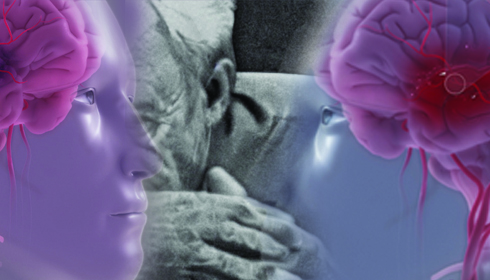
Global Study Finds Dementia Diagnosis Often Delayed by Years Even After Symptoms
According to a new international study, people with dementia wait an average of 3.5 years after experiencing the first signs of the disorder to receive a formal diagnosis. Those with early-onset dementia, which occurs before the age of 65, face an even longer wait of roughly 4.1 years.
The findings came from a massive assessment of 13 studies involving over 30,000 people from Europe, the United States, Australia, and China. Experts from University College London (UCL) published the study in the International Journal of Geriatric Psychiatry. It is the first to thoroughly investigate how long it takes to diagnose dementia after symptoms arise.
The researchers looked at how long patients and relatives experienced issues, such as memory loss, confusion, or difficulty doing daily tasks, before receiving an official diagnosis. These early indicators were reported by patients and carers or obtained from medical records.
According to Dr. Vasiliki Orgeta of UCL, the study demonstrates that obtaining a dementia diagnosis remains a significant challenge in healthcare systems. "Only about half of the people with dementia are ever diagnosed in wealthy countries, and the situation is worse elsewhere," she told me. A timely diagnosis, she noted, allows people to receive therapy sooner and control their disease more effectively while symptoms are still moderate.
According to the findings, certain groups endure lengthier wait times. Younger dementia patients, as well as those suffering from frontotemporal dementia, were notably affected. One of the research studies evaluated also discovered that Black patients experienced greater wait times than others, while data on race differences was limited.
Dr. Phuong Leung, another UCL researcher, noted that dementia symptoms are frequently misdiagnosed as normal ageing, and many patients put off getting help out of fear or a lack of information. "Stigma still plays a big role," she remarked.
Delays might also occur inside the healthcare system itself. According to Professor Rafael Del-Pino-Casado of the University of Jaén in Spain, people frequently confront complex referral processes and long wait times to visit specialists. Some facilities are underfunded, and language or cultural barriers may complicate diagnosis for some patients.
The researchers advocate for coordinated action to eliminate delays. These include increased public awareness campaigns, greater healthcare provider training, and better access to memory services. They also encourage persons with dementia and their families to participate in developing solutions to reduce the time it takes to diagnose.